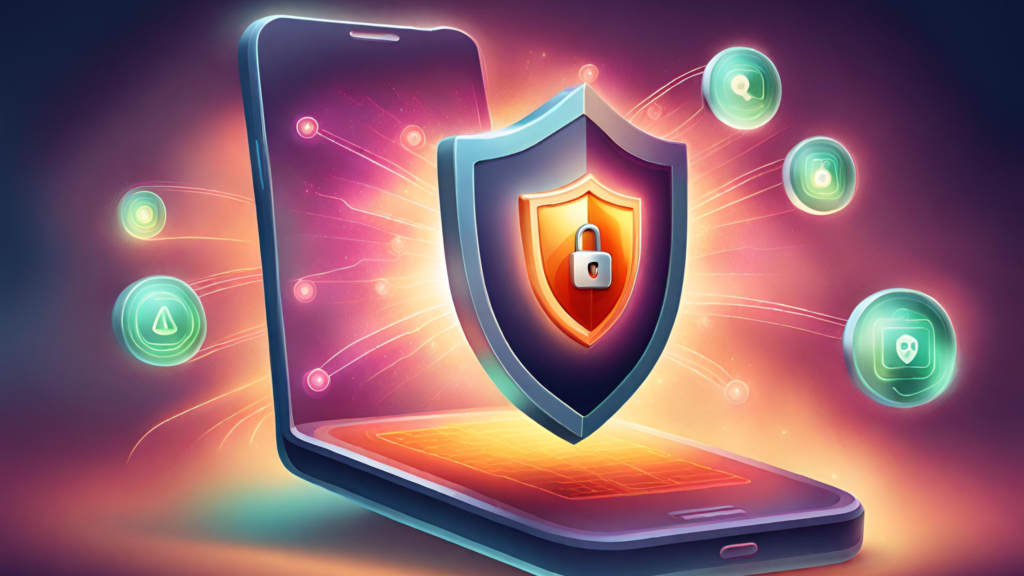Maximizing Benefits: Why Licensed Software is Essential
In today’s digital age, software plays a pivotal role in enhancing productivity, creativity, and security for both individuals and businesses. When it comes to choosing between licensed software and alternative options like pirated or free versions, opting for licensed software brings a myriad of benefits that significantly outweigh the initial investment. Let’s delve into why licensed software is crucial for desktops and laptops:
1. Legal Compliance and Security
Licensed software ensures that you are legally compliant with software usage agreements and copyright laws. This compliance not only protects you from potential legal ramifications but also ensures that you are supporting ethical business practices. Moreover, licensed software comes with regular security updates and patches from the developer, safeguarding your system from emerging threats and vulnerabilities.
2. Reliability and Stability
One of the primary advantages of licensed software is its reliability and stability. Licensed versions are thoroughly tested by developers to ensure they perform optimally under various conditions. This reliability reduces the risk of crashes, errors, and compatibility issues, providing a seamless user experience.
3. Access to Full Features and Support
Licensed software grants users access to the full range of features and functionalities offered by the developer. This comprehensive access enables users to leverage the software’s capabilities fully, whether it’s advanced editing tools, security features, or collaborative functionalities. Furthermore, licensed software typically includes technical support from the developer, ensuring prompt assistance in case of any issues or queries.
4. Integration and Compatibility
Licensed software is designed to integrate smoothly with other applications and hardware. This compatibility ensures that users can seamlessly work across different platforms and devices without encountering compatibility issues. Additionally, licensed software is regularly updated to remain compatible with new operating systems and hardware advancements, providing long-term usability and value.
5. Long-Term Viability and Support
Investing in licensed software ensures long-term viability and support from the developer. Developers continuously update their software to meet evolving technological trends and user needs. By staying updated with the latest versions, users can benefit from enhanced features, improved performance, and ongoing support, thus future-proofing their software investments.
6. Enhanced Productivity and Efficiency
Licensed software often includes productivity tools and enhancements that streamline workflows and boost efficiency. Whether it’s project management software, creative suites, or office productivity tools, licensed versions are optimized to maximize user productivity, creativity, and collaboration.
7. Ethical Considerations
Choosing licensed software reflects ethical business practices and supports the sustainable development of software products. By investing in licensed software, users contribute to the innovation and growth of the software industry, ensuring continued advancements and improvements in technology.
Conclusion
In conclusion, while the initial cost of licensed software may seem higher compared to free or pirated alternatives, the benefits it offers in terms of legal compliance, security, reliability, support, and long-term viability far outweigh the risks associated with unauthorized software. Licensed software not only enhances user experience and productivity but also ensures ethical and legal integrity in software usage. Therefore, for individuals and businesses alike, opting for licensed software remains a prudent investment that guarantees enhanced performance, security, and support for desktops and laptops.
By choosing licensed software, you’re not just acquiring a product; you’re investing in a reliable and sustainable technological foundation that fosters growth and innovation in the digital realm.




